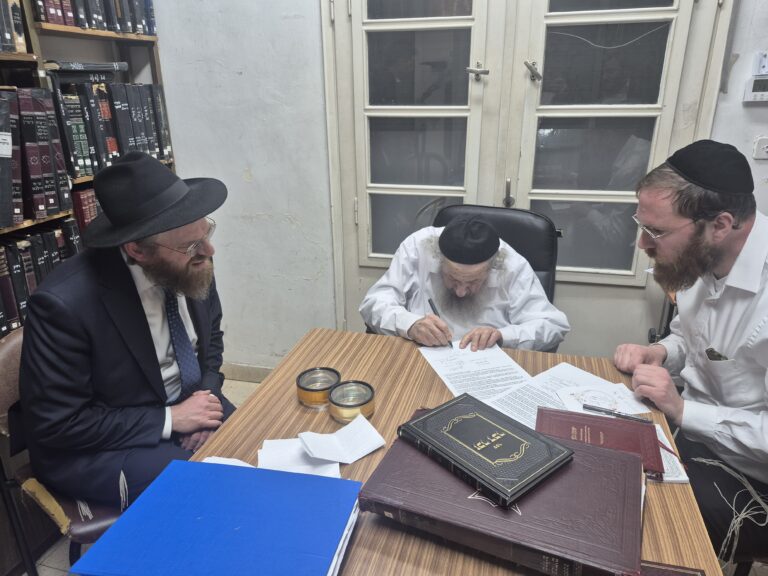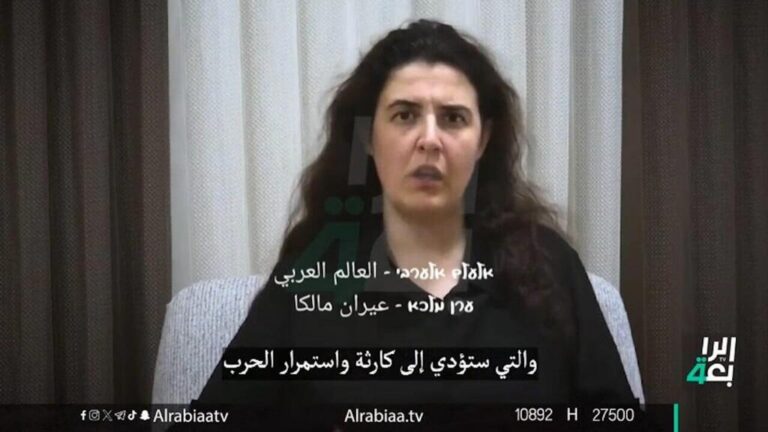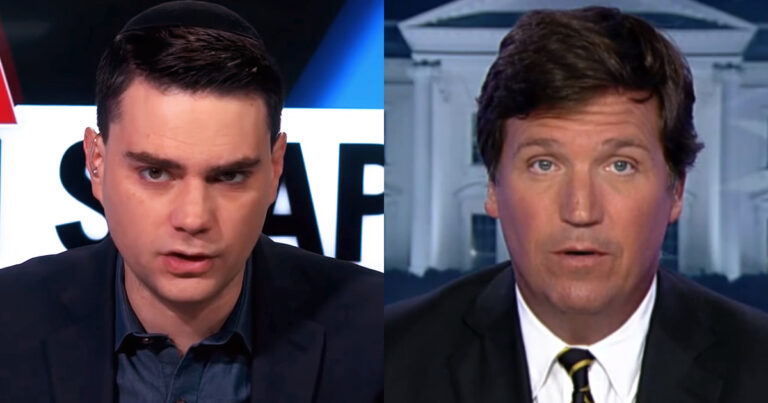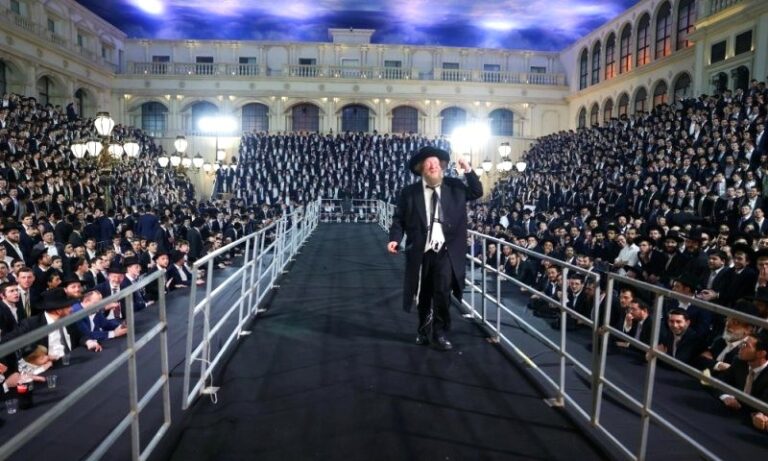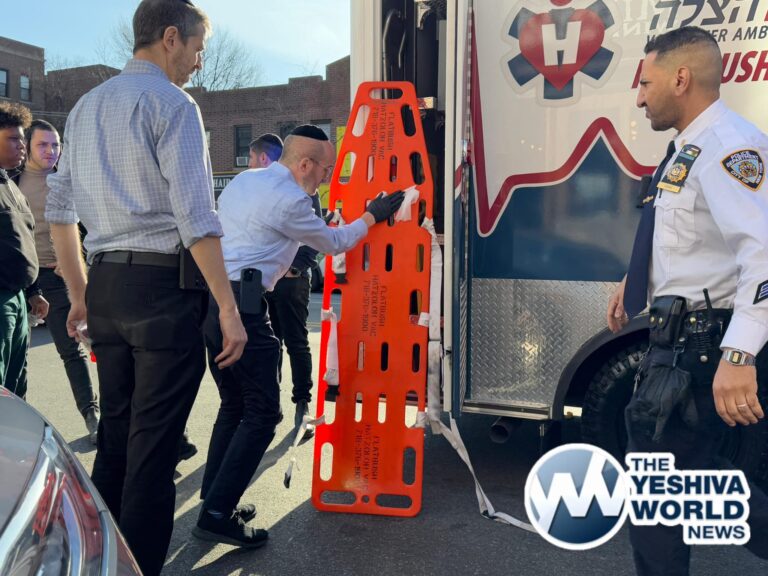 [By Rabbi Yair Hoffman]
[By Rabbi Yair Hoffman]
29. Cars must be thoroughly cleaned and searched for Chametz as well. If one has cleaned the car completely before the night of the 14th, then some are of the opinion that one can skip the inspection on the night of the 14th. Others hold that there is still a requirement to inspect the car, however, a blessing is not recited on it. Rabbi Yaakov Breish zt”l (Chok Yaakov 436:17) explains that the essential enactment was only made on the dwelling. It is possible, however, that it was included in the enactment, it is therefore best to have the car in mind or, if one is not at home, to have someone who is reciting the blessing have you in mind.
30. If he is planning not to be in the office the entire Pesach, then one should include the office in the sale of Chometz to the gentile. If he is going in the office during Chl HaMoed, then it should also be searched on the night of the 14th. If, however, this is impractical because of distance or time constraints, then he should search his office on the night of the 13th.
31. Rav Sheinberg zt”l ruled that if it is very difficult to clean and search an area, it is possible to pour or spray ammonia on the area rendering any food that might be there as unfit for the consumption of a dog. Thus older people or others who have difficulty cleaning behind the refrigerator may utilize this method to negate any food item behind it.
32. Dormitory students who live in in a dorm (pnimiah) are obligated in searching their dorm room on the night of the 14th. They can do so by appointing a shliach – a messenger. Alternatively, they can do the search on the night before they leave the dormitory room.
33. The search should be done at nightfall on the night of the 14th. It should be done immediately after Maariv. If one is still at work at this time then one should begin as soon as possible, but if at all possible, one should leave work early.
34. It is the minhag in Klal Yisroel for someone other than the person performing the search to hide ten pieces of Chometz in the house. The pieces should be less than a kezayis in size, and should be covered in plastic so that the ten pieces will not create crumbs. There are many incidences where the ten pieces were actually lost. Ideally, one should therefore write down the location of the ten pieces.
35. There is a prohibition in involving oneself in any activity within 30 minutes before the time for the Bedikah begins. If one had begun that activity before the 30 minute period, one may continue until nightfall itself. Although one can drink within the 30 minute period before nightfall, one may not eat more than a K’baiya of Mezonos.
36. Ideally, the search should be conducted by the homeowner. If there are assistants helping him, they should hear the bracha from the homeowner.
37. The person should have in that he is fulfilling his Torah obligation to destroy his Chometz and that the Mitzvah will continue until the next day. One may not speak between the bracha and the beginning of the search. If one did speak the bracha must be repeated. Indeed, even during the search one should avoid saying anything that does not have to do with the actual search.
38. The Kol Chamira, annulling all the Chometz that one owns, should be recited immediately after the search is over, and then again in the morning before the zman. Although the Kol Chamira is written in Aramaic, it is imperative that the person reciting it understand what is said in his or her native language. If a person forgot to recite the blessing at night he may recite it in the morning before the Chometz is burned.
THE PROHIBITIONS OF CHAMETZ
39. There are five separate negative prohibitions regarding chametz on Pesach. Each of these prohibitions has its own unique passuk. They are:
1) Not to eat chametz from the designated time on the 14th of Nissan
2) Not to eat chametz throughout the holiday of Pesach
3) Not to eat even a mixture of chametz throughout the holiday of Pesach
4) Not to see any of your own chametz on Pesach (bal yira’eh).
5) Not to find any of your chametz on Pesach (bal yematzeh).
40. One should likewise treat all issues that undermine our emunah in the same manner as we treat chametz: namely, 1) we should rid ourselves of all issues that undermine emunah before Pesach, 2) throughout Pesach, 3) even mixtures of it, 4) not see anything that undermines emunah, 5) nor find anything that undermines it.
41. By Torah law we may rid ourselves of chametz either by nullifying it (bitul chametz) or by destroying it (biur chametz). The Rabbis, however, enacted that both methods be employed.
• Bitul chametz is the declaration that all chametz that we own is declared to be ownerless.
• Biur chametz is where we search out and set aside to burn any chametz that we find.
42. In the past few centuries, we have arranged for gentiles to purchase chametz that we have. The sale is conducted with six different types of kinyanim, because there is debate among the Rishonim as to what types of transactions are effective under these circumstances. Some people question this procedure since the gentile does not actually remove the chametz from the Jew’s home; he just rents space there. Many have the minhag not to sell real chametz, but only items that do not really have a hechsher for Pesach — unless it would entail a huge loss.


